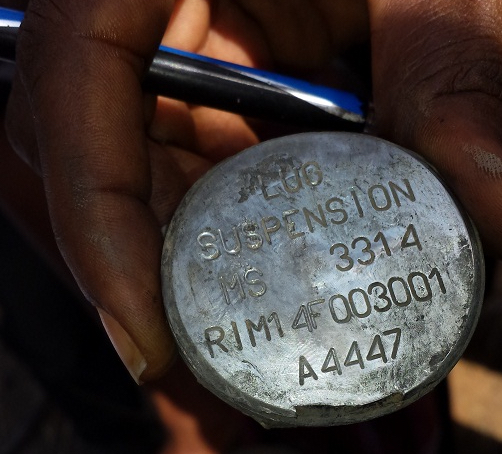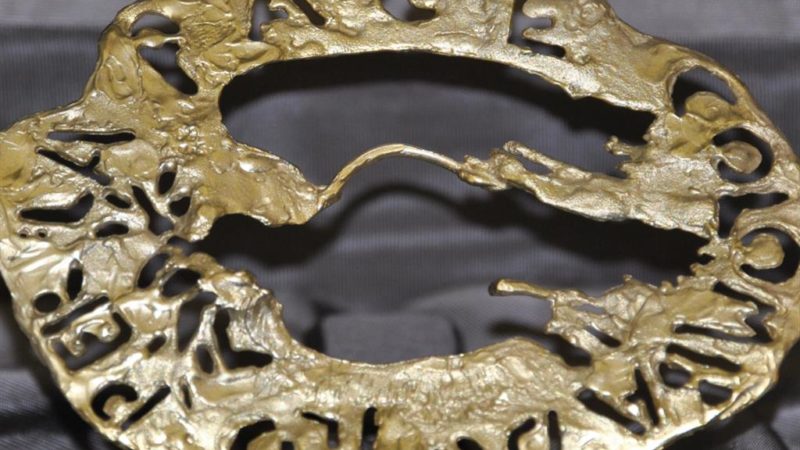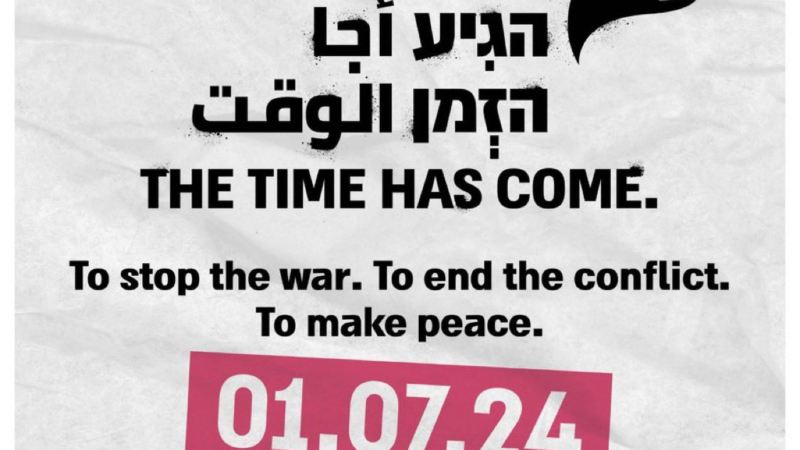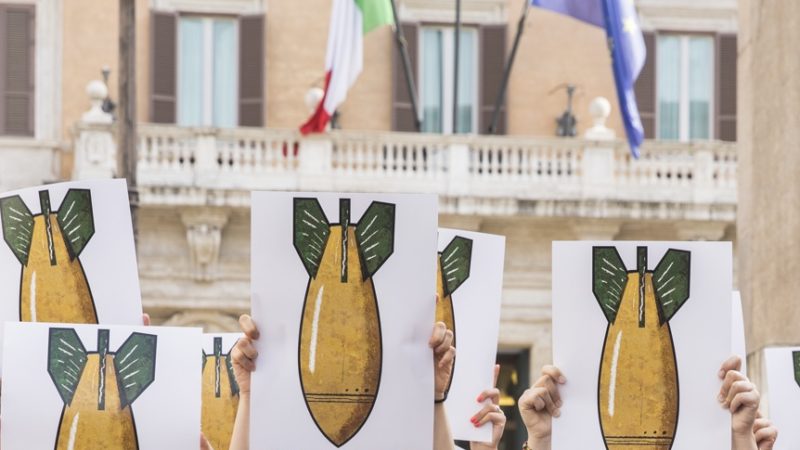Last chance for justice for victims of Yemen air strike with Italian-made weapons

Crucial hearing in Rome on 20 December 2022
In 2016, the Saudi/UAE-led military coalition allegedly killed a family of six in an airstrike in the village of Deir Al-Hajari in Northwest Yemen. The bomb remnants found at the site of the attack were manufactured by RWM Italia S.p.A., a subsidiary of the German arms manufacturer Rheinmetall AG. In April 2018, the European Center for Constitutional and Human Rights (ECCHR), together with its Yemen-based partner Mwatana for Human Rights and Italian-based Rete Italiana Pace e Disarmo, submitted a criminal complaint against managers of RWM Italia and senior officials of Italy’s National Authority for the Export of Armament (UAMA).
Despite the fact that in February 2021, the judge overseeing the preliminary investigations in Rome ordered the criminal investigations to be continued, the Italian public prosecutor is unwilling to proceed. In March 2022, the three organizations appealed the public prosecutor’s second request to dismiss the investigations. The prosecutor’s incomprehensible decision is based on a flawed assessment of key evidence in the file. He also refrained from investigating the responsibility of RWM Italia’s corporate executives for murder and personal injuries, limiting the scope of his investigations to the offense of abuse of power by Italian export authorities. This entirely ignores the seriousness of the crimes to which Italian arms exports may have contributed amidst the armed conflict, as well as the relevance of the role of RWM Italia’s managment in the commission of such crimes.
On 20 December 2022, a hearing will be held before the judge of the preliminary investigations, who will decide whether the criminal investigations should continue or directly proceed to trial. This hearing represents the last opportunity for the Italian judiciary to adequately guarantee the right of access to justice to the victims of the war in Yemen, who have seen their lives, families and country destroyed in a conflict fueled by Italian arms exports.
“A dismissal of this case, after almost four years of investigations, would be a severe blow to all survivors of airstrikes that had no identifiable military target, eventually killing and injuring civilians. The murder of the Husni Family and the injuries suffered by one of the survivors, Fatima Ahmed, are not merely ‘collateral damage,’ but the result of a deliberate attack on civilians. The potential risk that the arms exported by RWM Italia could be used in unlawful attacks in Yemen has already been known since 2015. If RWM Italia managers and UAMA officials are complicit in grave crimes committed by Saudi Arabia, the UAE and their partners, they must be held accountable,” the civil society organizations said in a joint statement.
UAMA justifications for authorizing arms exports to Saudi Arabia and the UAE included employment generation, as well as the financial condition of RWM Italia. As the judge of preliminary investigations in Rome determined last year, the state’s obligation to safeguard employment levels cannot justify a deliberate infringement of rules prohibiting arms exports to countries potentially responsible for serious war crimes.
While this might be the last opportunity for Yemeni victims to obtain justice at the domestic level, another international legal avenue has been already activated. To ensure that those responsible are held accountable for their role in possible war crimes, ECCHR also submitted a joint communication to the ICC in December 2019, together with Mwatana for Human Rights, Amnesty International, the Campaign Against Arms Trade, Centre Delàs, and Rete Italiana Pace e Disarmo.






